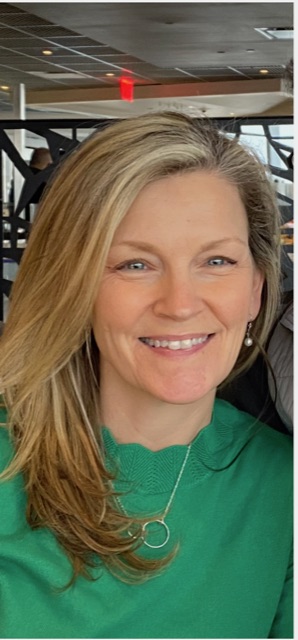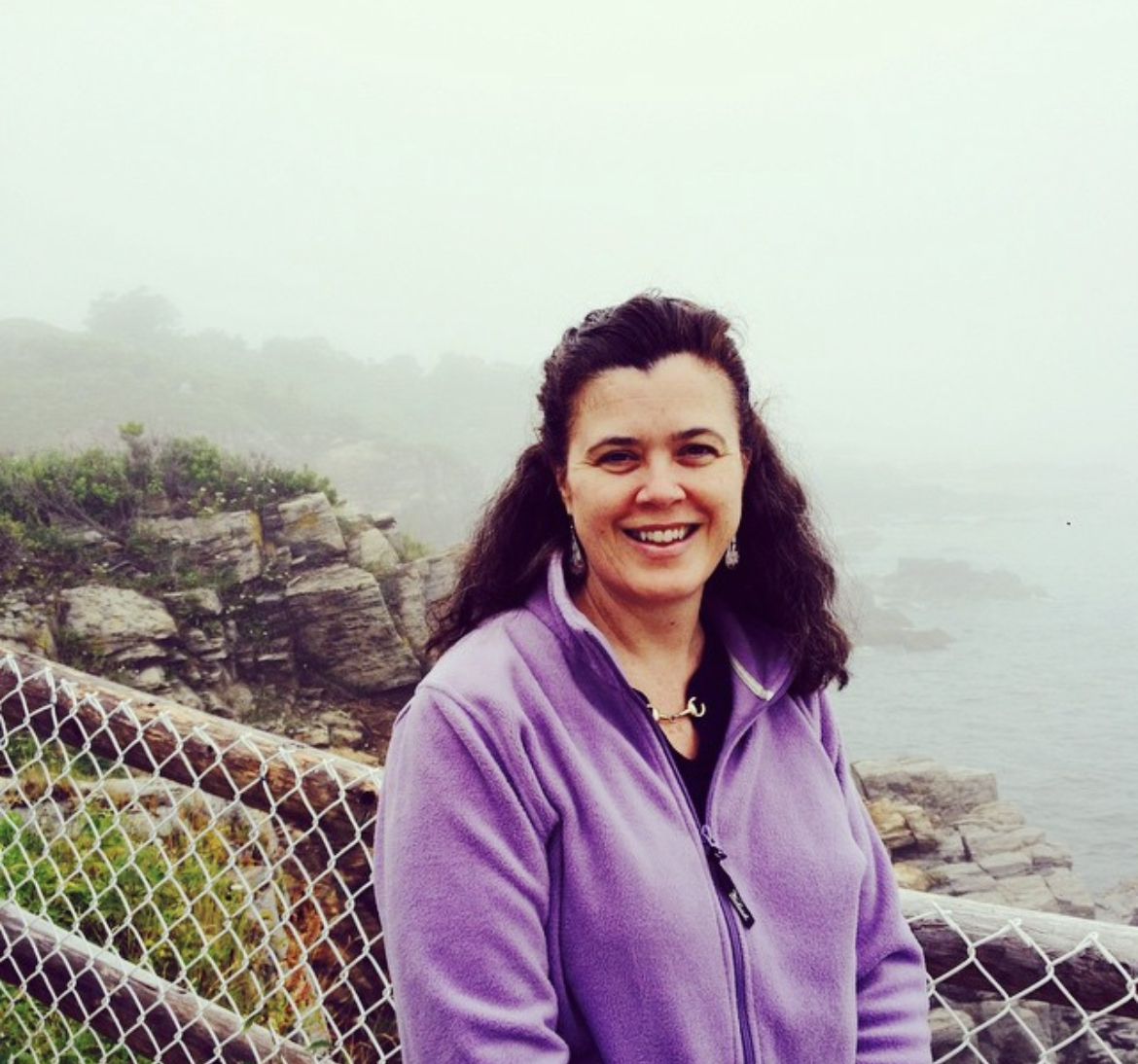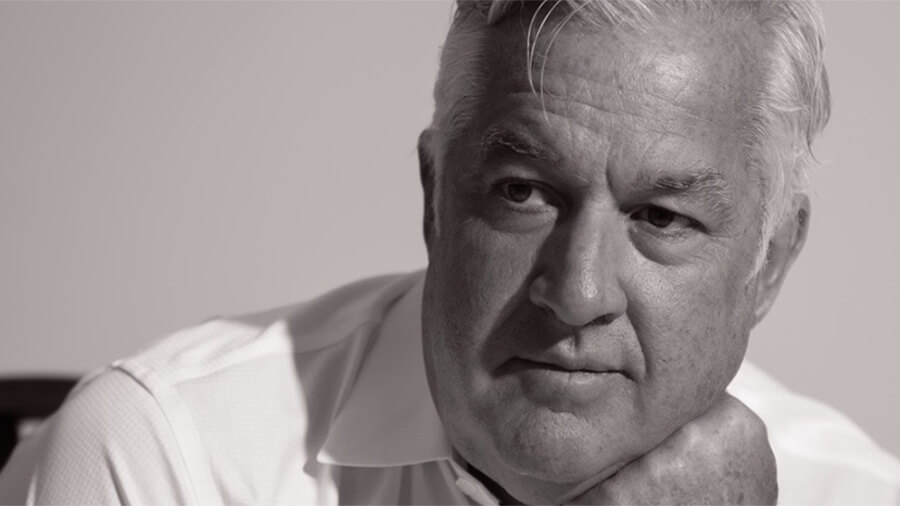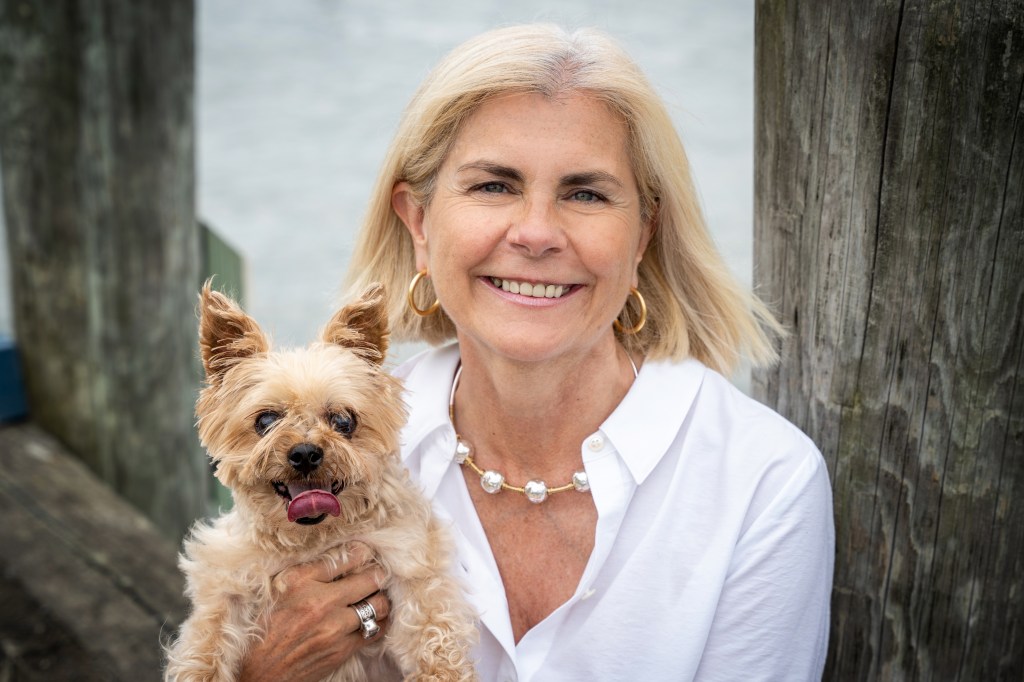East End Educators: Dan's Papers People of the Year

From teaching children remotely during earlier waves of the coronavirus pandemic to refereeing passionate debates over whether children should be required to wear masks or get the COVID-19 vaccine, educators have played a prominent role in the war on the virus.
And between the sometimes-boisterous school board meetings and parent-teacher conferences, local educators have been performing a herculean task of keeping East End students from falling behind academically despite kids having been thrown off track.
Local schools are brimming with anecdotes of teachers going above and beyond to help students overcome these challenges, which is why Dan’s Papers has deemed educators our People of the Year. What follows are just some of their stories.

MICHELE YIRCE, SHELTER ISLAND SCHOOL 5TH GRADE TEACHER
While each grade proved challenging in their own way, elementary school educators teaching some of the most impressionable young students had particularly difficult hurdles to overcome.
But some grammar school educators such as Michele Yirce, who teaches 5th Grade at the Shelter Island School — a school that educates kids grades K through 12 — have been working 16-hour days to find innovative solutions to challenges that the pandemic creates in classrooms.
“The loss of being face to face with my students made me realize how much I rely on their facial expressions and body language to convey their level of engagement and learning,” Yirce says. “Instead, I had to find creative ways to keep kids engaged during virtual meetings and digital lessons. I learned how to use programs like Seesaw that have a digital whiteboard feature to give them a chance to show their work in their own handwriting and in real time.”
Despite those efforts, it was still difficult connecting with some students who were not signing in to virtual meetings, completing classwork or sharing messages with their families. Never mind having to tell kids they can’t go on the playground or eat in the cafeteria together during the height of the lockdowns.
But despite the roadblocks, silver linings emerged. She recalls a student gifting her a stuffed dog that says, “Stay pawsitive,” when its belly is pressed.
“We would press it whenever something happened that felt disappointing or unexpected or hard,” she recalls. “Just last week, two of the students from that year came back to visit the classroom. The dog was the only thing they wanted to see. They reminisced about how much they loved it and how helpful it was. That dog is the symbol of how myself and my students overcame the challenges in the last two years. We stayed positive and worked together no matter what.”
CYNTHIA KAMP, AMAGANSETT SCHOOL MUSIC TEACHER
Teaching in general was hard amid pandemic restrictions. But teaching music proved particularly challenging, according to educators at the Amagansett School, which teaches students grades K through 6.
“Cindy Kamp has had to figure out how to instruct vocal and instrumental music virtually, outdoors and in the classroom,” says Amagansett School District Superintendent Seth Turner. “She has held virtual concerts in place of the traditional concerts, and continues to adapt her pedagogy in response to ever-changing dynamics. It has not been easy, yet she has persevered.”
Kamp says it helped that the district sent students home with all of their belongings — band instruments included — during the initial lockdown, despite the fact that many believed it would only last two weeks.
“We were able to hold small group Zoom lessons and eventually put together a virtual presentation of our Spring Concert where students all signed on to a large Zoom and played their own part at home for their families along with a background track of a full band,” Kamp says. “We were able to achieve similar ‘virtual performances’ with our chorus students and drama club in the same way. Our younger students were not as lucky, as all the instruments they typically have access to were stuck inside the school. We had to get creative and find things that everyone might have in their home that could be used in similar ways to our ‘classroom instruments.’ And it was exciting to see what children and their families came up with to use as rhythm sticks, maracas, and drums.”
Students’ ability to rise to the occasion despite frequent setbacks kept her inspired on tough days.
“The most challenging part of teaching was also the most rewarding through all of this,” she says. “Watching as plans shifted and changed but seeing my students still able to make music together and watching their eyes smile as they were able to return to some semblance of normalcy each day.
“It has been amazing seeing how children can be faced with such adversity and change and meet each challenge with open arms,” she continues. “We have asked so much of our children and at every turn they have rebounded.”

LAURIE ARDITO, WESTHAMPTON BEACH MIDDLE SCHOOL TEACHER
Educators such as Westhampton Beach Middle School Teacher Laurie Ardito also found remote learning insufficient at helping students cope with the emotional issues that the pandemic lockdown caused.
“During the initial shutdown in 2020, many students shut down, too,” says Ardito, who teaches 8th Grade Regents Earth Science courses and English Language Learners. “Cut off from friends, with their parents working from home or out of work, school changed from a solid place of structure and security to a screen. Our work as teachers turned from curriculum to connection.
“Some days I would host 10–15 individual Google Meets a day, just trying to get students to check-in and make sure they were OK, walking them through assignments, or just talking to them about how they were doing,” she adds. “There were no set school hours anymore. School happened whenever we could get students to log on. It was a difficult and overwhelming time for everyone.”
Despite the struggles, the kids showed up.
“I remember at the end of last year, the Regents exam in Earth Science was optional,” she says. “I honestly was so overwhelmed with pride by how many students showed up to take that test. Not because of the test itself or how they scored, but because so many students felt empowered and confident enough that they wanted to tackle a challenging Regents exam in spite of a global pandemic and a very difficult school year. To me, that spoke volumes. Our students believed in themselves. And that is really the most important thing of all.”

VIRGINIA BEEBE, MATTITUCK-CUTCHOGUE HIGH SCHOOL MATH TEACHER
High school teachers didn’t have it any easier. Just ask Virginia Beebe, who teaches math at Mattituck-Cutchogue High School.
“Borrowing from the phrase ‘It takes a village to raise a child,’ it takes a team to teach a math class during a lockdown,” she says, crediting school librarians and special education teachers with helping keep tabs on students struggling with remote learning. “Every challenge we encountered had a creative solution.”
The positive feedback she has received helped her push through.
“Most gratifying has been the thank yous,” she says. “Not only from students and the community but also the parents. Especially the parents who acknowledged that every morning, as I taught virtually, they were steps away, eavesdropping and enjoying the time I spent with their child teaching them a little bit of math every day.”



